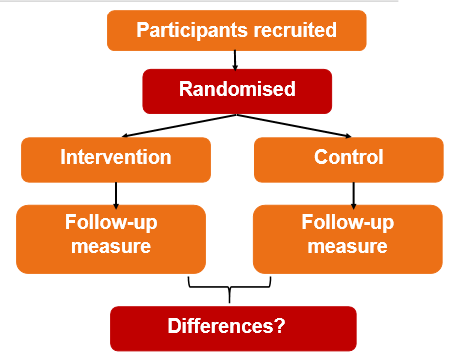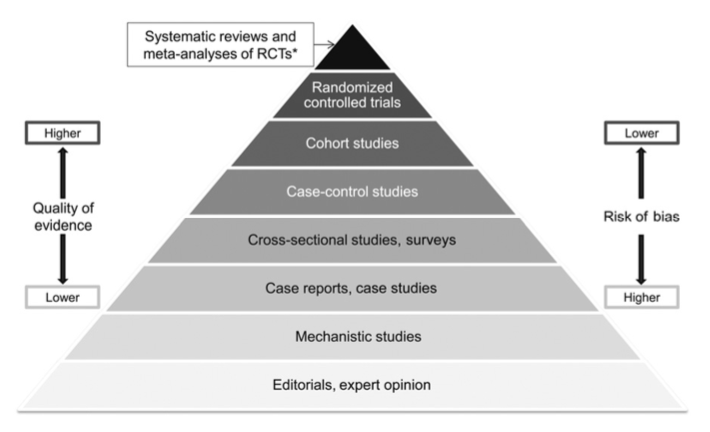Research methods for social psychology
1/17
There's no tags or description
Looks like no tags are added yet.
Name | Mastery | Learn | Test | Matching | Spaced | Call with Kai |
|---|
No analytics yet
Send a link to your students to track their progress
18 Terms
Experimental methods
Manipulate an independent variable (IV) and observe the effect on a dependent variable
Types of experimental method
Laboratory experiment
Field experiment
Randomised control trial (new)
Non-experiemental methods
Correlation between variables (no manipulation of an IV)
Types of non-experimental methods
Archival
Case studies
Qualitative research
Surveys
Field studies
Evidence based interventions
Interventions based on social psychology theory aim to change thoughts, feelings or behaviours to improve societal outcomes
Health behaviours, wellbeing and environmental behaviours
Effectiveness of interventions should be evidenced based before they are implemented on a large scale
Experimental methods are best to evaluate interventions
Compare effects to a control group
Participant allocation to control vs intervention
To avoid negative consequences and wasting resources
Testing interventions using Randomised Contolled Trials (RCTs)
Used to evaluate interventions
Random assignment reduces allocation bias
Measure outcome at follow up
Differences in outcome can be attributed to the intervention

Reporting of RCTs
Report findings using standardised guidelines
CONSORT (Consolida Standards of Reporting Trials)
Allows for replication
Allows for findings to be used in policy or practice
Allows for findings to be compared to other RCTs in reviews
Important things to consider in RCTs
User / patient / public acceptability
What if there are multiple studies on the same topic or research question?
Reviews collate and synthesise the methods and findings of multiple research studies on the same topic
Also peer reviewed
3 types of reviews
Narrative (or literature) reviews
Systematic reviews
Meta-analysis
Narritive (literature) reviews
Provide an overview of the current knowledge on a general topic
Introduction + seperate subheadings discussing seperate themes
No methods or results
Any studies are included or not based on researchers judgment
No new analysis
Similar to an essay
Systematic reviews
Well defined and precise reserach question
Includes an introduction, methods, reuslts and discussion section
Strict inclusion and exclusion criteria, and a clearly defined search for articles that could be reproduced
Assesses the quality of research studies
No new analysis
Meta analysis
Same as a systematic review but quantifies the magnitude of the effect across all studies → new analysis
Provides the strongest and most reliable evidence
Applying social psychology to COVID-19 issues
COVID 19 spread across the world in 2020
It has had a large impact on society and our social environment
Given rise to many issues relevant to social psychology
Some COVID-19 issues relevant to social psychologists
Risk and threat perception
Prejudice and discrimination
Promote alturism
Social norms
Stress, wellbeing and health behaviours
Applying social psychology methods to these COVID-19 challenges
COVID-19 impacted the methods that social pshychologists could use
Social distancing made face to face research extremely challenging
Choice of method depends on the nature of the hypothesis, resources available and ethics
Most evidence has been based on online surveys (and there are some qualitative focus groups / interviews)
How methods are relevant to your work
Helps you to engage and understand the studies you encounter on the course and as part of your reading
When presenting an argument with evidence, the reader needs to know what the evidence is based
Provides you with an opportunity to demonstrate critical evaluation skills
Informs conclusions drawn from research
Heirarchy of evidence
